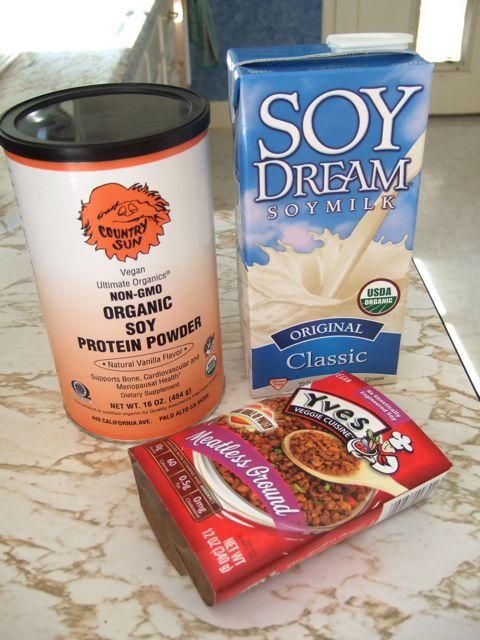2 Mins Read
If you have been following this series and have read Part 1, you now are better informed about soya and its derivative products. Today you will learn that raw soya actually contains substances that are toxic to the human body. Below we are cover the health controversies that surround soya.
Soya and The Thyroid
Consuming too many unfermented soya products has been shown to slow down thyroid function, a condition known as hypothyroidism and which can lead to weight gain, insomnia, lethargy, and a whole host of other issues. Soya’s effect on the thyroid can also lead to autoimmune thyroid disorder and to thyroid cancer.
Soya And Estrogen
Soya contains plant chemicals known as isoflavones. When you consume soya, they bind onto your estrogen receptors and can them mimic the affects of estrogen in your body- basically soy is an endocrine disruptor. This is bad news for many reasons. Too much estrogen can lead to many hormonal imbalances for women, which can worsen any existing hormone-related conditions, feminize male fetuses, lower the male sex drive, reduce sperm production…Worse yet, too much estrogen has been linked to increased risk of breast cancer and prostate cancer!
Soya and Vitamins
For reasons that are not completely understood, soya consumption increases the body’s need for Vitamin B12 and Vitamin- both are vital to good health and both are difficult to get from food.
Conclusion
While small quantities of fermented soya are a healthy addition to a balanced diet- this means traditional soya sauce, tempeh and miso- other soya products should be restricted until we know more (especially since most soya is grown from industrial farms and GMO seeds). It is important to note that a lot of the allegations against soya are still controversial and the debate is ongoing. There is strong enough research to consider avoiding it until we know more, particularly for pregnant women and children and specifically when it comes to processed soya food and additives- those are nutritionally void and a useless inclusion in your diet.
Note: soya and soy can be used interchangeably.
Photo credit: Earthworm via photopin cc




